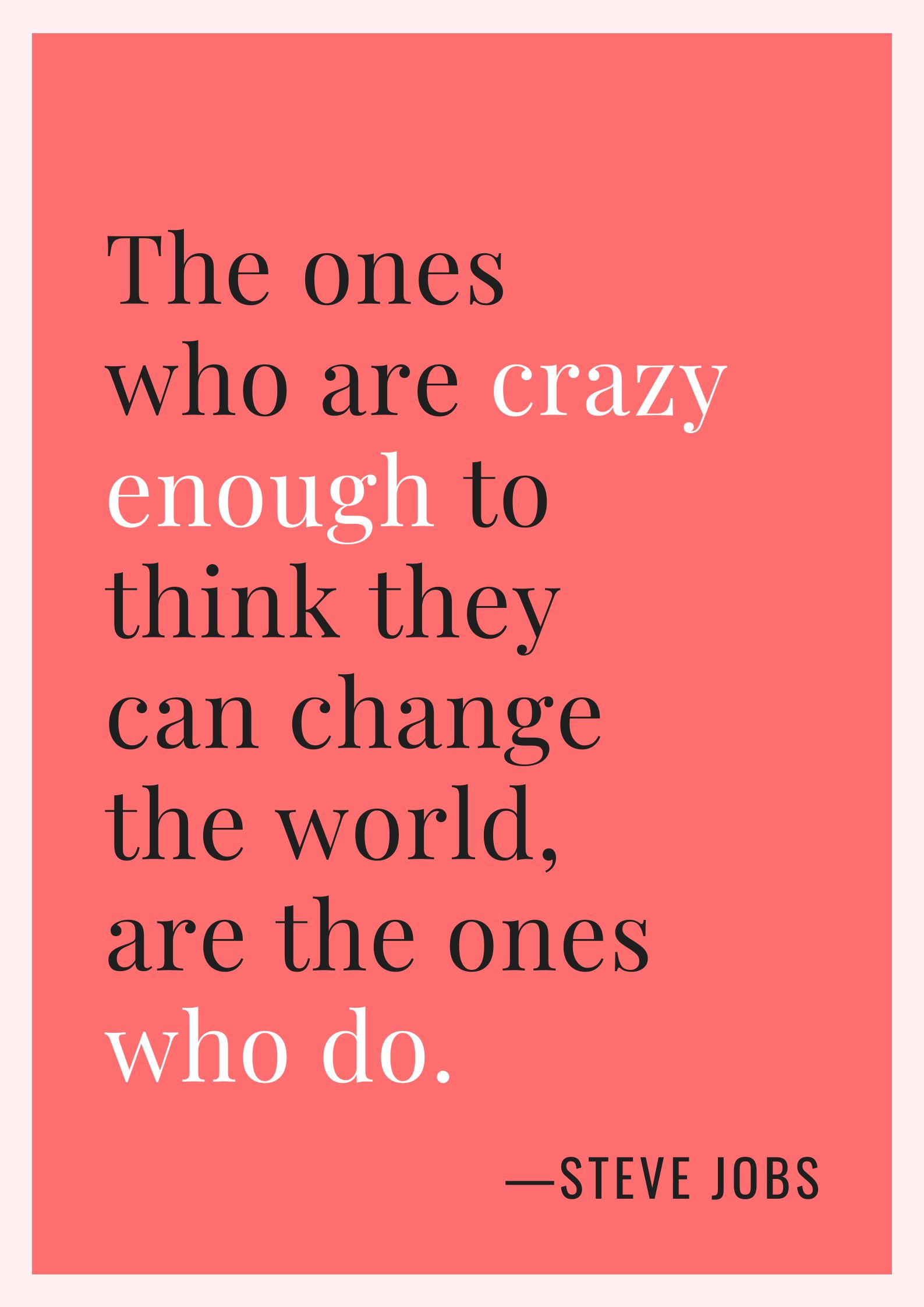The Industrial Ethic
“Doesn’t matter whether it is socialism or capitalism it is the industrial ethic thats been destructive.”
— Debal Deb
“Doesn’t matter whether it is socialism or capitalism it is the industrial ethic thats been destructive.”
— Debal Deb
“Work hard and play hard” is an unquestioned adage of today’s life. If you are not working hard, then you must either be having fun or at the least sleeping. Not doing something, or doing nothing in particular, is incomprehensible. I have found it hard to tell my daughter that to take a break does not mean to switch to watching a video, chatting, listening to music or something else. I am glad to have stumbled upon this talk by Mario Cano, that makes the point that I was finding hard to communicate. Please watch if you are not having your downtime now.
As a child in the 70s India, I remember growing up free — Free from things designed to grab my attention, to constantly engage me, or stimulate me — There were no TVs, Socialmedia, or Smart gadgets and I was also free from constant monitoring and guidence trying to optimize every minute of my life. I had a lot of time with my friends in the outdoors. Nobody telling me what to do with my firends nor watching me what I was doing. I had a lot of time to be alone by myself as well, with my thoughts, imagination and daydreaming. My parents and siblings didn’t bother much about that, as it was pretty normal to be so. There was boredom too and that nudged us into creativity and play.
“When I was young, in the very last days before television and video games came to dominate American childhood, we created our own worlds with intricate story lines, practicing the psychic technologies that adults can use to fashion their lives and their collective reality: forming a vision, telling a story around that vision that assigns meanings and roles, playing out those roles, and so on. Today, those worlds of imagination come prefabricated from TV studios and software companies, and children wander through cheap, gaudy, often violent worlds created by distant strangers. These come with prefabricated images as well, and the ability to form their own images (we call this ability imagination) atrophies. Unable to envision a new world, the child grows up accustomed to accepting whatever reality is handed her.”
— Charles Einstein, Sacred Economics.
Even boredom of today is different from boredom of the past.
“Boredom is different nowadays. It’s about super-saturation, distraction, restlessness. I am often bored but it’s not for lack of options: a thousand TV channels, the bounty of Netflix, countless net radio stations, innumerable unlistened-to albums, unwatched DVDs and unread books, the maze-like archive of YouTube. Today’s boredom is not hungry, a response to deprivation; it is a loss of cultural appetite, in response to the surfeit of claims on your attention and time.”
— Simon Reynolds, Retromania: Pop Culture’s Addiction to Its Own Past

— Martin Heideggar, (quoted by Ian McGilchrist in: The Psychological drivers of the Metacrisis)
Why Am I Talking?

Steve Jobs’ words about changing the world